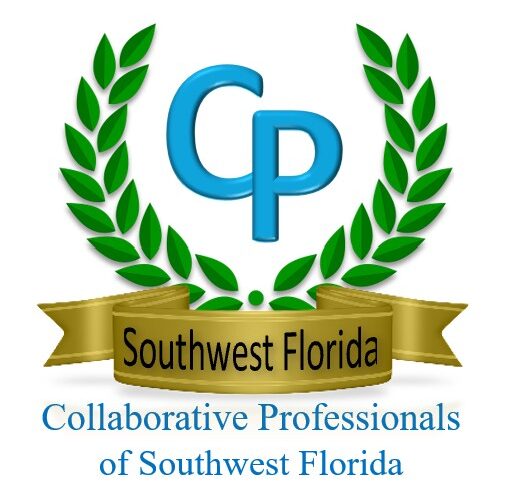What is Collaborative Divorce?
What is it?
Collaborative Law is a brand of alternative dispute resolution in which the parties and their lawyers commit to work cooperatively out of court to reach a settlement. Participants focus on the interests of both clients, gather sufficient information to insure that decisions are made with full knowledge, develop a full range of options, and then choose options that best meet the needs of the parties.


How Does it Work?
The parties and attorneys on both sides must agree at the onset of the process that the issues will be resolved in a collaborative manner rather than contested and fought in Court. With the help of their collaborative attorneys and sometimes other professionals (such as CPA’s or Mental Health Therapists) if necessary, the parties develop a mutually acceptable written resolution of all issues without court intervention. The agreement is then submitted to the court with a Final Judgment approving the agreement, making the case uncontested. The collaborative process creates a problem solving atmosphere with a focus on “interest based” negotiation and client empowerment.
No Court:
Collaborative Law is an innovative method of practicing law. It is designed to lead to a win-win resolution and to maximize the outcome for both parties. All sides formally pledge in writing to work in a non-hostile manner. The collaborative environment is solution oriented instead of competitive and destructive, in fact that is why it usually succeeds.


Dignity and Respect:
When attorneys trained in collaborative law and their clients agree at the beginning of work on a case to work to resolve disputes in a non-adversarial manner, their clients are saved from additional emotional distress and reduction or depletion of financial resources. All parties are treated with dignity and respect during the process. This leads to more cordial relationships among the parties especially important if they are also parents.
Benefits of a Collaborative Divorce
Success is defined as a balanced resolution and client-centered approach that works for the whole family.
Each spouse has an individual attorney to guide and advocate for their interests.
Both spouses learn to work together, laying the groundwork for any post-divorce co-parenting issues to be resolved in the future.
Spouses share a team of divorce professionals providing support and guidance when needed.
No litigation means no judge-mandated determination of what is fair. You decide your outcome; not a stranger.
Private because the court system is not involved; no depositions or public hearings.
Flexibility to customize the final outcome to creatively meet spouses’ shared goals and the needs of the children.
Open communication is required and the focus is on solving problems.
Through shared cooperation, the Collaborative Process can be quite cost-efficient. Your resources are being used to heal and promote the future.

Your Collaborative Divorce Team
A unique benefit to the Collaborative approach is that professionals from other disciplines may be used by both parties who work together as part of a team to offer solutions. Whether these professionals become involved will depend on the specific needs and circumstances of each family. The collaborative process usually begins with the involvement of two collaborative family law attorneys.
Family Lawyers
Family Lawyers are trained in mediation and the collaborative process. Family lawyers provide legal advice. Each client retains a family lawyer to advise them individually. The client consults privately with their respective lawyer and then participates in four way meetings with the other spouse and their lawyer. The lawyers use their non-adversarial mediation skills to assist the clients in reaching a settlement. The lawyers prepare the necessary legal documents to complete the process.
Divorce Coaches
Divorce Coaches are Licensed Marriage and Family Therapists, Psychologists, or otherwise certified professionals who are well versed in family dynamics and issues pertaining to separation and divorce. Coaches provide emotional support, teach communication skills, discuss parenting concerns, and help ensure that needs, concerns and feelings are understood and contained. Typically, each person will have their own coach to assist them during the collaborative process.
Child Specialists
Child Specialists focus on your children’s needs in the separation process. Each child specialist comes into the process with specialized training in child development as well as expertise related to children of divorce. Working as independent advocates for children, child specialists provide each child with a safe place to share their feelings and express their needs. Through this process the child specialist works to ensure that the emotional needs and concerns of each child are being considered by both parents and all members of the team.
Financial Advisors
Financial Advisors work for both parties, also as a neutral third party. The financial advisor assists with the gathering of the financial information and the preparation of budgets. They also act as a resource in dealing with such financial issues as tax implications, the projection of investment incomes and have available computer software for analyzing various options for the division of the family assets and the determination of support payments if necessary.

